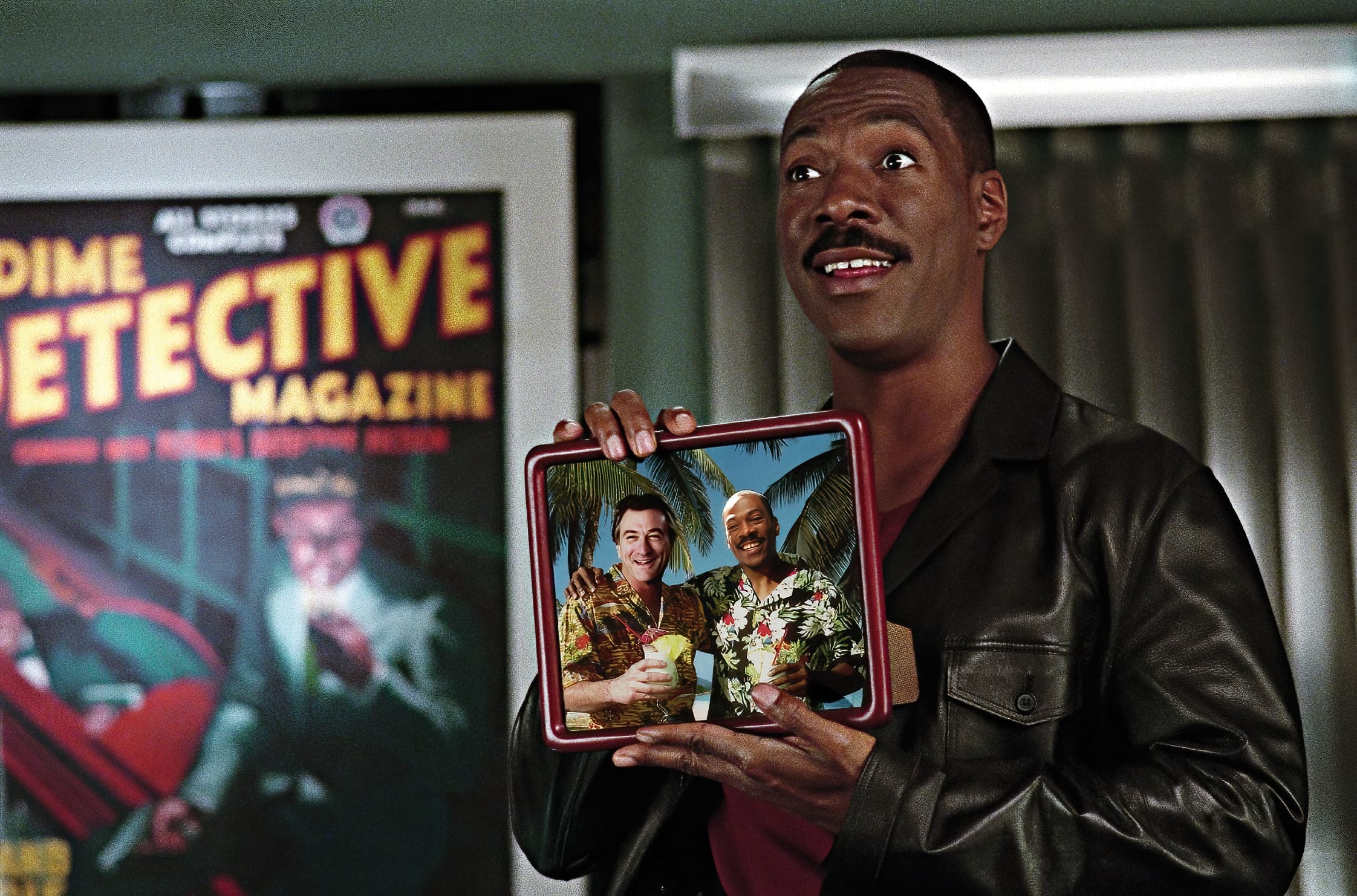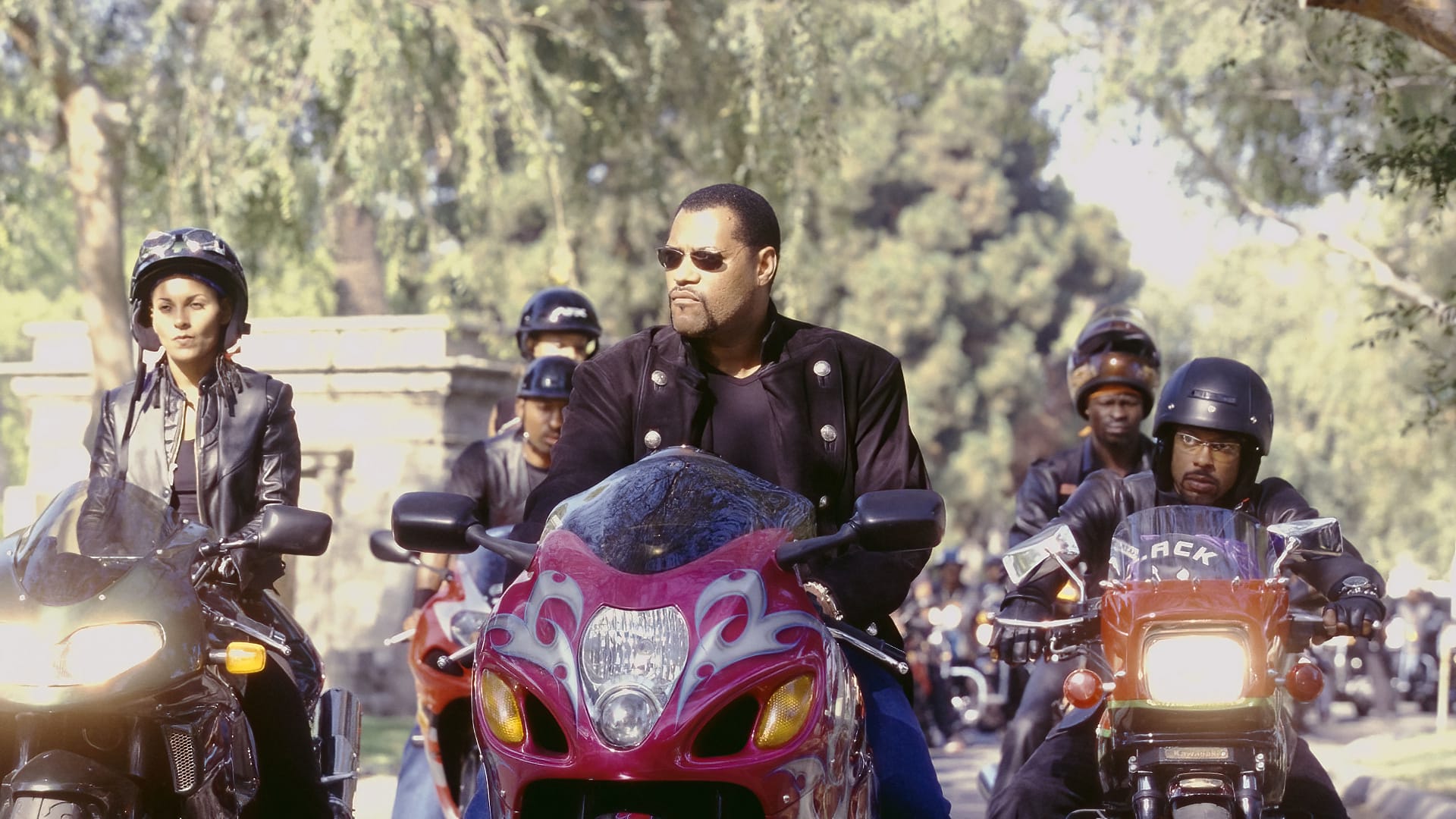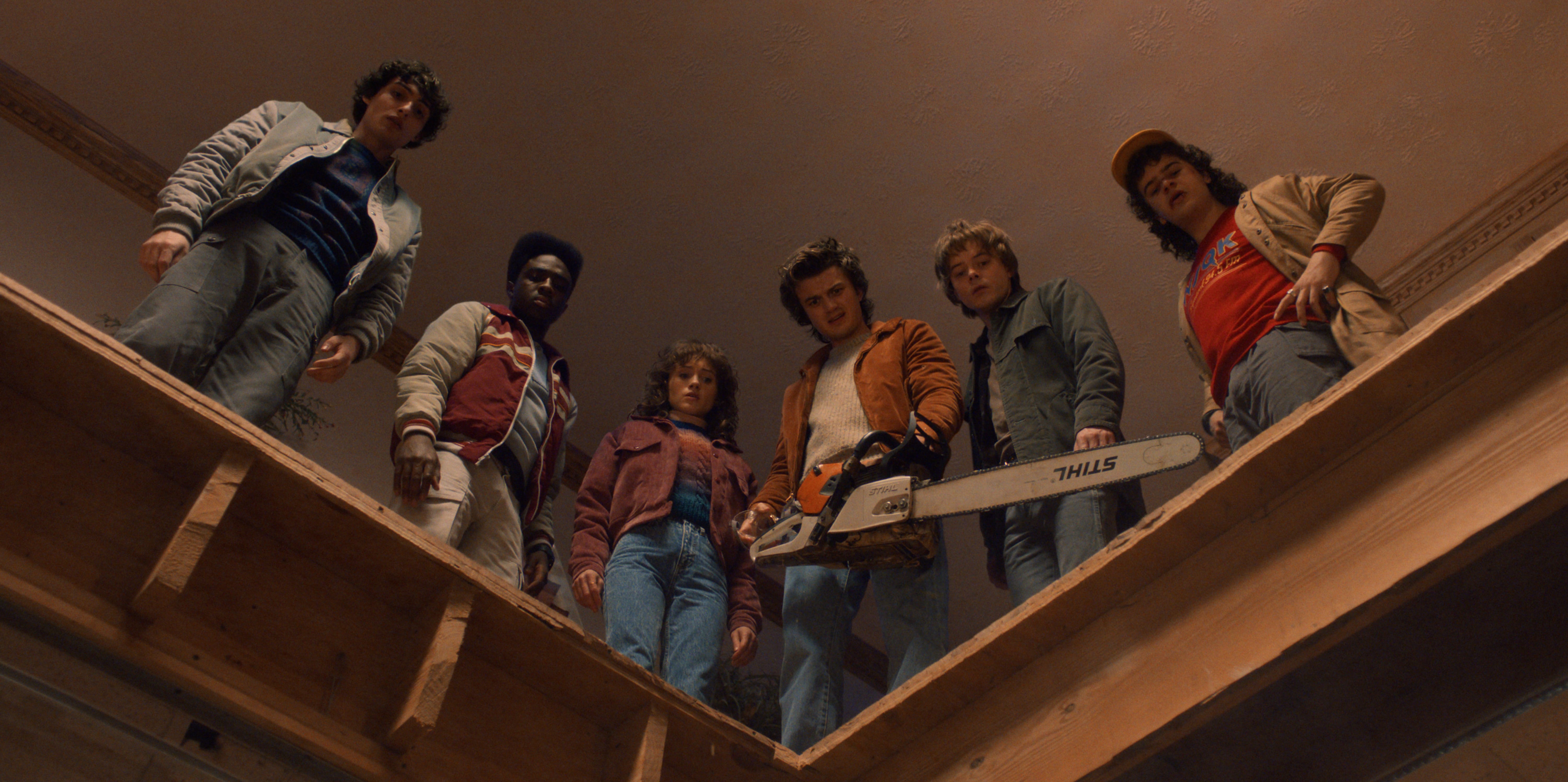
AFTERMATH (2017): A Somber Drama That Grounds Arnold Schwarzenegger but Fails to Take Off
Arnold Schwarzenegger’s career is built on explosive action, iconic one-liners, and roles that turn him into an unstoppable force of nature. From The Terminator (1984) to Commando (1985) to Predator (1987), his screen presence has been defined by sheer physicality and charisma. But every now and then, Arnold steps out of his comfort zone and takes on a quieter, more dramatic role. Aftermath (2017) is one of those experiments, a grief-stricken character study that trades action for emotion. Unfortunately, while Schwarzenegger gives one of the most subdued performances of his career, the film around him is too bleak, too thin, and too unfocused to leave a lasting impact.
Based on the true story of a 2002 mid-air collision and its aftermath, the film aspires to explore themes of loss, guilt, and vengeance. It’s an admirable attempt to show Schwarzenegger in a more vulnerable light, but Aftermath never quite lands its emotional punches. What should have been a gut-wrenching drama feels like a hollow exercise in misery, weighed down by sluggish pacing, underdeveloped characters, and a narrative that lacks direction.
Arnold Schwarzenegger: A Different Kind of Performance
In Aftermath, Schwarzenegger plays Roman Melnyk, a construction worker whose wife and pregnant daughter are killed in a tragic mid-air collision caused by an air traffic controller’s error. Roman is a man consumed by grief, searching for answers and, eventually, someone to blame. It’s a role that demands quiet restraint and emotional depth—qualities that we don’t typically associate with Arnold, but ones he’s clearly eager to explore.
To his credit, Schwarzenegger fully commits to the role. Gone is the bombastic action hero; Roman is a broken man, speaking in hushed tones and carrying the weight of his loss in every movement. Schwarzenegger effectively conveys Roman’s pain through his physicality—the droop of his shoulders, the distant look in his eyes, the way he struggles to hold back tears in certain scenes. It’s a refreshing departure from his usual roles and proof that Arnold is capable of more than just blasting bad guys and delivering one-liners.
However, the script doesn’t give him enough to work with. Roman’s character arc is frustratingly one-note; he’s a grieving father, and that’s essentially all we learn about him. While Schwarzenegger does his best to convey layers of pain and anger, the screenplay never delves deeper into who Roman is beyond his grief. Compare this to Maggie (2015), another dramatic turn for Schwarzenegger, where his performance as a father caring for his zombified daughter had more nuance and allowed him to show a wider range of emotions. In Aftermath, his efforts are undermined by a script that’s too thin to fully support the weight of his performance.
A Missed Opportunity for Tension and Depth
The film splits its focus between Roman and Jake Bonanos (Scoot McNairy), the air traffic controller whose mistake caused the crash. Jake, wracked with guilt and ostracized by the public, struggles to rebuild his life while living in fear of retribution. This dual narrative is meant to explore both sides of the tragedy—those who suffer loss and those who must live with the consequences—but it’s handled in such a clunky way that neither perspective feels fully realized.
Jake’s story has potential, especially given Scoot McNairy’s strong performance, but the film never dives deep enough into his psyche. We’re told he feels guilt, but we’re rarely shown the true extent of his inner turmoil. His scenes feel repetitive, cycling through moments of regret and anxiety without adding much to his character. The film misses the chance to explore the complex moral questions surrounding blame and forgiveness, opting instead for a straightforward revenge story that lacks nuance.
Compare this to Collateral Damage (2002), another Schwarzenegger film dealing with loss and vengeance. While Collateral Damage leaned more into action and spectacle, it still provided a clearer sense of stakes and emotional payoff. Aftermath, by contrast, meanders through its narrative without ever delivering the catharsis its premise demands.
Pacing as Slow as Grief Itself
One of the biggest problems with Aftermath is its pacing. At 94 minutes, the film feels much longer, dragging its feet through repetitive scenes of Roman visiting the crash site, staring mournfully at photographs, or quietly wandering through his day-to-day life. While these moments are meant to show the weight of his grief, they quickly become monotonous.
The lack of narrative momentum makes the film feel directionless, especially in the second act. Roman’s quest for justice (or vengeance) takes far too long to get going, and when it does, the payoff feels rushed and unsatisfying. The final act, which should be the emotional climax of the story, feels underwhelming and abrupt, leaving viewers wondering what the film was trying to say in the first place.
A Bleak and Uninspired Presentation
Visually, Aftermath reflects its heavy subject matter. The film is drenched in muted tones of gray and blue, creating an atmosphere of unrelenting gloom. While this fits the story’s somber mood, it also makes the film feel emotionally suffocating. There’s little variation in tone or style, and the result is a movie that feels as lifeless as its characters’ grief.
Compare this to Terminator 2: Judgment Day (1991), a film that also dealt with heavy themes like sacrifice and loss but balanced its emotional weight with moments of levity, action, and visual variety. Aftermath, by contrast, feels like it’s stuck in a single gear—grim and joyless from start to finish.
What Could Have Been
The most frustrating thing about Aftermath is that it had the potential to be a truly compelling drama. The premise—a man grappling with grief and seeking justice against the backdrop of a tragic accident—offers rich material for exploring themes of loss, forgiveness, and the human need for closure. But instead of diving into these complexities, the film stays on the surface, offering a shallow and predictable story that never fully engages with its own ideas.
It’s worth noting that Aftermath is loosely based on the real-life Überlingen mid-air collision, and the film occasionally hints at wanting to say something meaningful about the human cost of tragedy. But it never goes far enough, and its attempts at poignancy are undermined by a script that feels more interested in plotting than in people.
Final Thoughts: A Quiet Arnold That Falls Flat
Aftermath is an admirable attempt to show Arnold Schwarzenegger in a new light, but it’s ultimately a forgettable and underwhelming film. Schwarzenegger gives a sincere and restrained performance, but the lackluster script and plodding direction fail to support him. For fans hoping to see Arnold stretch his acting chops, Maggie (2015) offers a far more effective showcase of his dramatic abilities.
If you’re used to seeing Arnold mowing down alien hunters in Predator or delivering iconic lines like “I’ll be back” in The Terminator, Aftermath will feel like an odd and somber detour. While it’s refreshing to see Schwarzenegger take on a more subdued role, the movie itself never rises to the occasion, leaving behind a film as lifeless as its title suggests. A better script and stronger pacing could have elevated Aftermath into something meaningful. Instead, it’s a grim and forgettable misstep in Schwarzenegger’s post-action-hero career.

 By Jakob Montrasio
By Jakob Montrasio 










